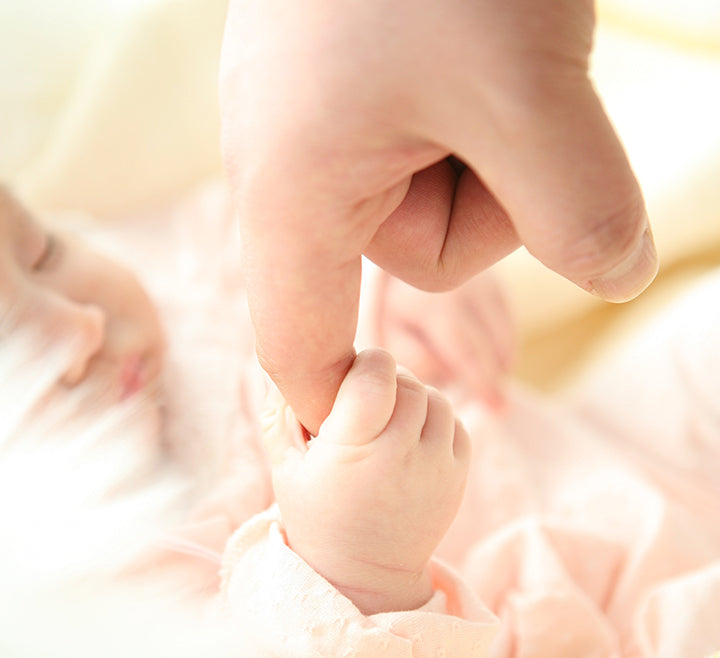Yes, humans have instincts, although the extent and nature of human instincts are often a subject of debate among researchers. Instincts can be defined as innate, automatic, and involuntary behaviors or responses to specific stimuli that are present in all individuals of a species.
While humans have evolved to rely more on cognitive and learned behaviors compared to other animals, there are certain instinctual behaviors that are observed in humans as well. Some examples of human instincts include:
1. Survival Instincts: Humans have innate survival instincts, such as the fight-or-flight response. When faced with a perceived threat, the body automatically prepares to either confront the danger or escape from it.
2. Parental Instincts: Many humans have natural parental instincts that drive them to protect and care for their offspring. This instinct often involves behaviors such as nurturing, bonding, and ensuring the safety and well-being of their children.
3. Maternal Instincts: Maternal instincts specifically refer to the innate behaviors and instincts exhibited by mothers in caring for their infants, including breastfeeding, comforting, and responding to the needs of the baby.
4. Sucking Reflex: Infants have an instinctual sucking reflex that helps them obtain nourishment from the breast or bottle. This reflex is present from birth and aids in feeding and survival.
5. Startle Response: Humans have an instinctive startle response to sudden loud noises or unexpected stimuli. This response is characterized by an involuntary reaction, such as jumping or gasping, as the body prepares to react to potential danger.
It's important to note that while humans have instincts, our complex cognitive abilities, cultural influences, and learned behaviors often shape and modify our responses to instinctual stimuli. Humans rely on a combination of instincts, learned behaviors, and rational thinking to navigate the world and make decisions.
